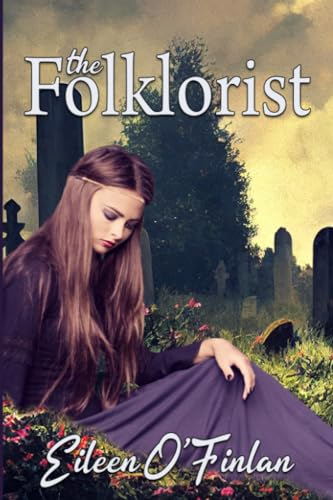The Folklorist
Set in Vermont during the 1830s and 1970s, this story alternates between Jerusha Kendall in Birch Falls and her several times great-granddaughter, Charlotte Lajoie, of Middlebury.
Jerusha’s family has lost a heartbreaking number of children to consumption, known today as tuberculosis. Little was known about the disease at that time, and the townspeople’s well-meant but gruesome attempts to assuage it caused immeasurable harm to friendships between neighbors.
Charlotte is a new folklorist in a Middlebury museum, dealing with feminist issues exacerbated by a chauvinistic boss. While avidly combing through her ancestress Jerusha’s personal diaries, Charlotte comes to suspect that ghosts may be real. What secrets from the 1830s were so upsetting that they caused people to come back from the dead and harass the living? Charlotte uses her background in folklore to help unravel the puzzle.
I hate horror, but this book, while it deals with the New England Vampire Panic of the 19th century, is sad and touching rather than terrifying. It will give readers a new appreciation for modern medicine. It is loaded with detail about daily New England farm life in the 1800s, and, in alternating chapters, about the position of women in the 1970s when the feminist movement was still new. The pacing is slow, with the alternating chapters retarding the action in both time periods. A thirteen-page description of Charlotte’s Halloween exhibition at the museum seems like too much information. Like the rest of the book, it needs to be shorter. Despite my quibbles, I think fans of New England life and history will be drawn to this story.










